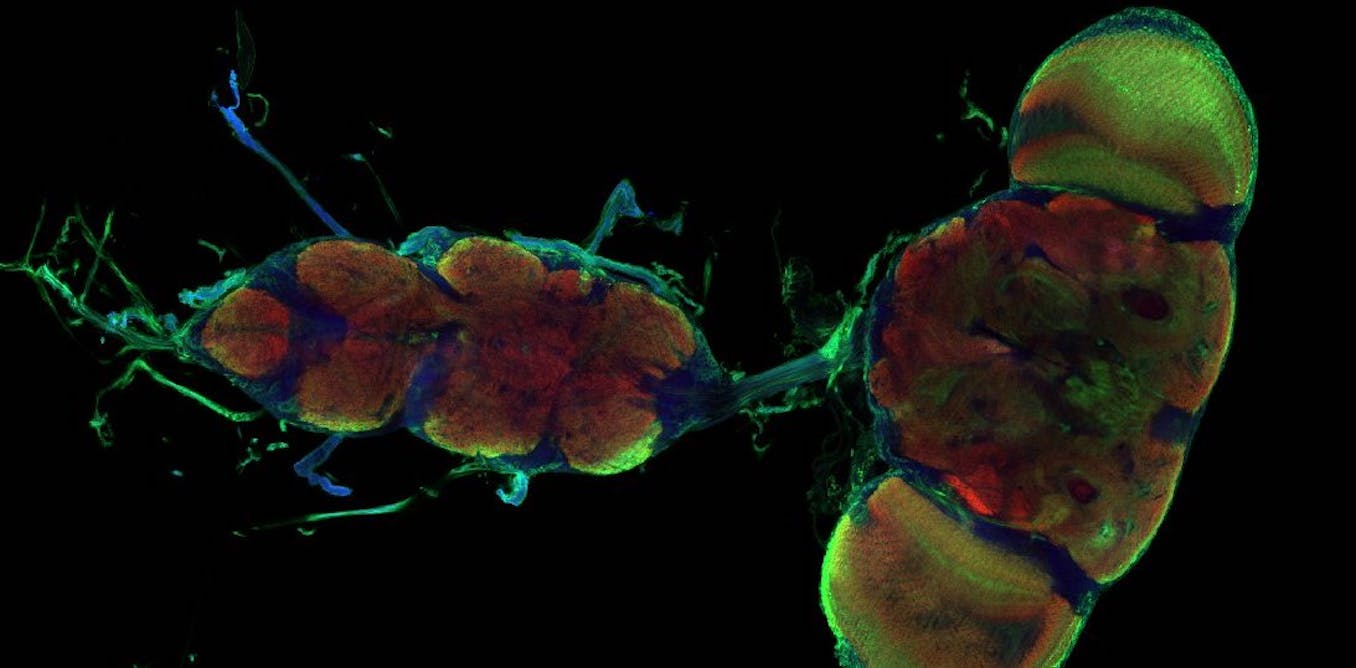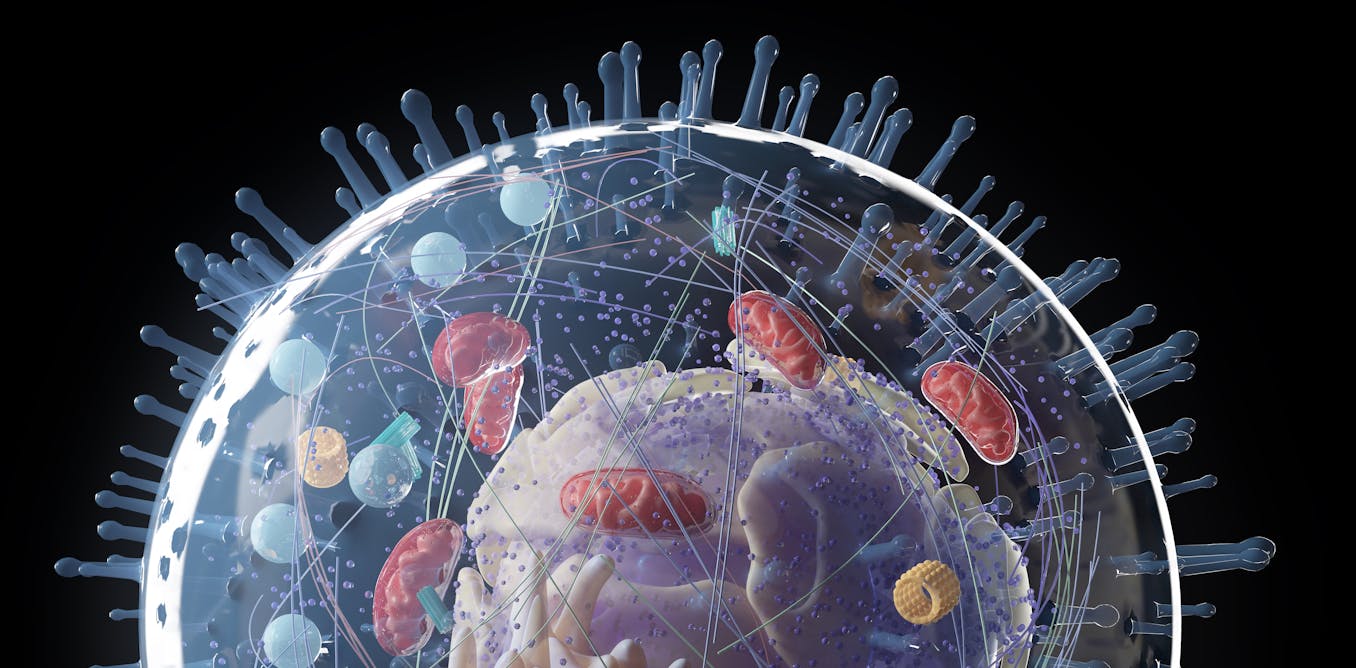Alzheimer's: our research sheds light on how the disease progresses in the brain
Our research suggests the multiplication of protein aggregates in individual regions of the brain, rather than their spread between regions, is key to the progression of Alzheimer’s disease.
Oct. 29, 2021 • ~7 min









